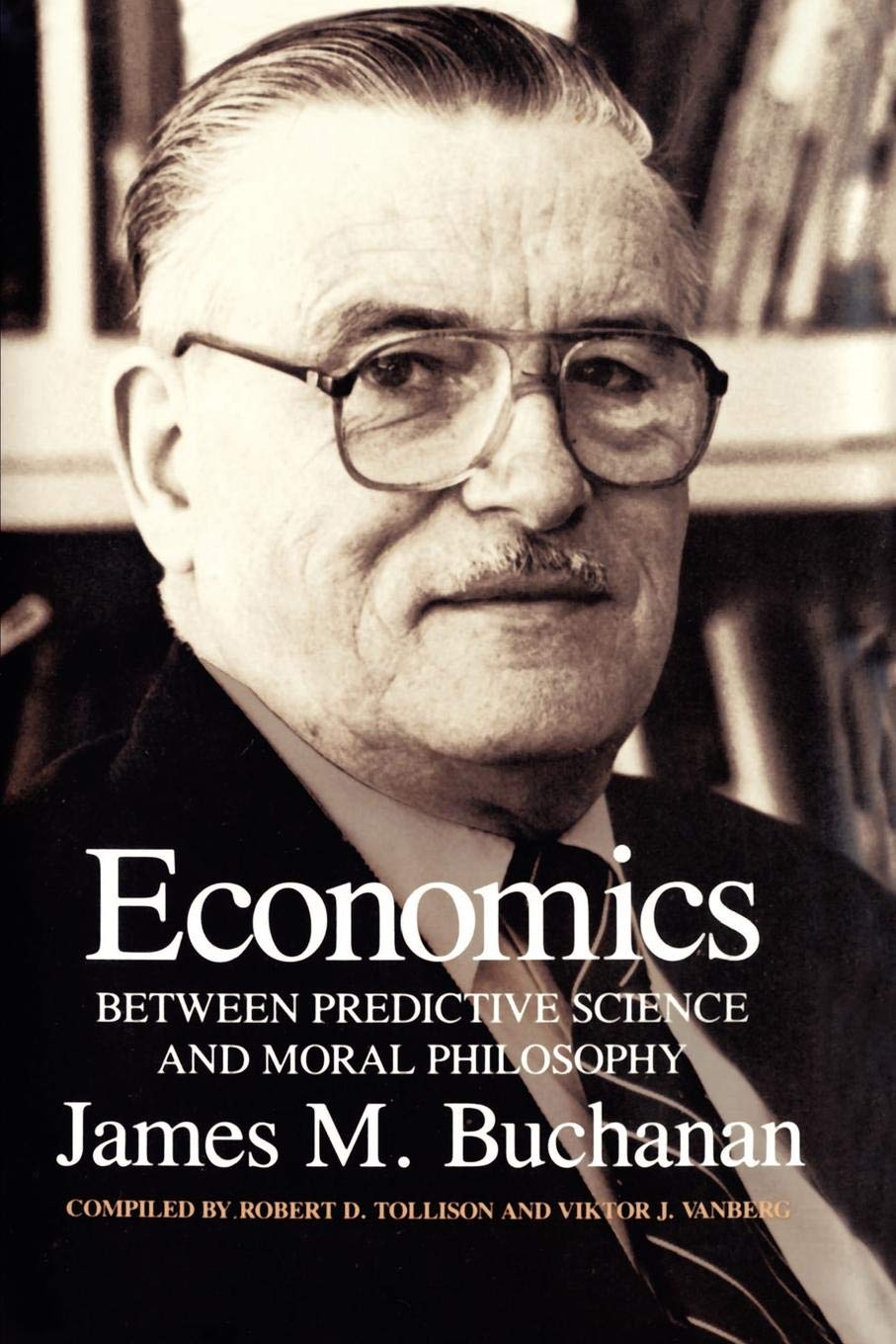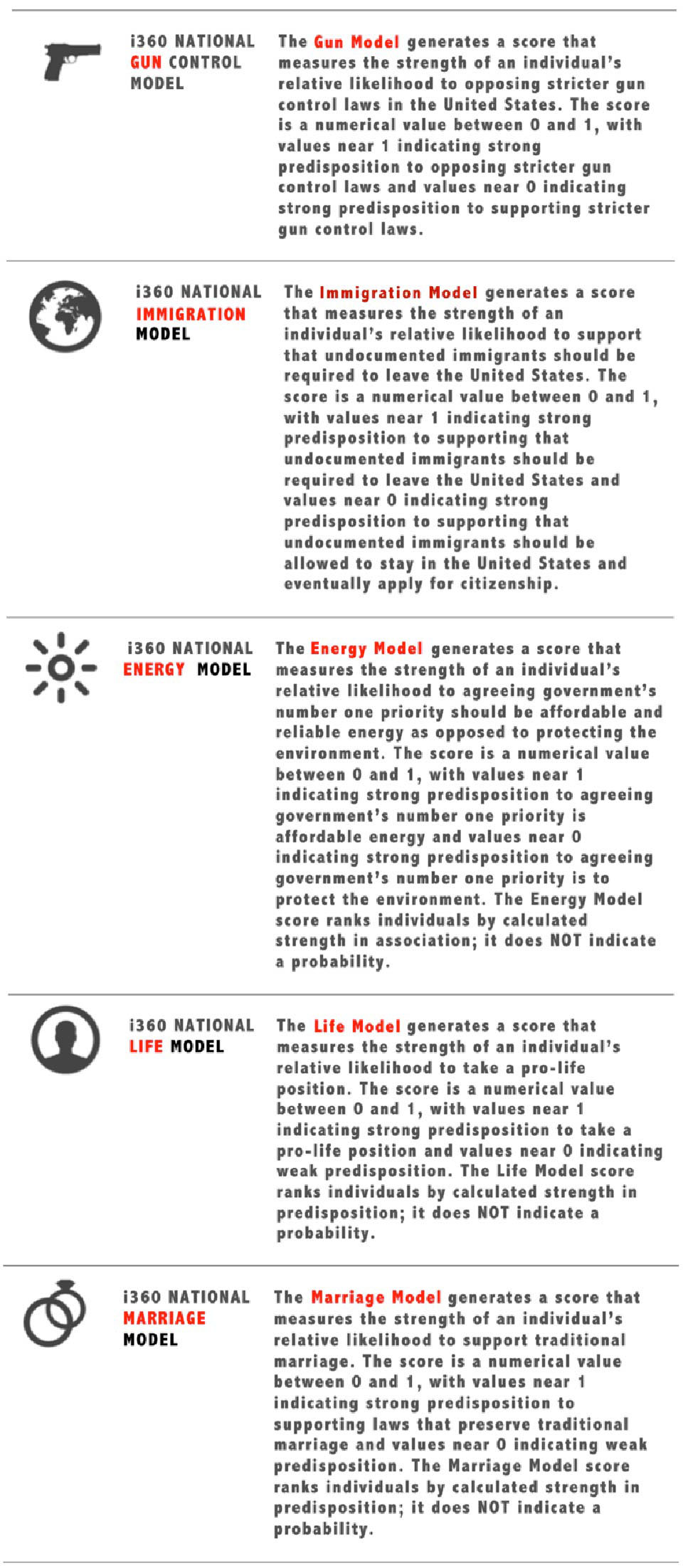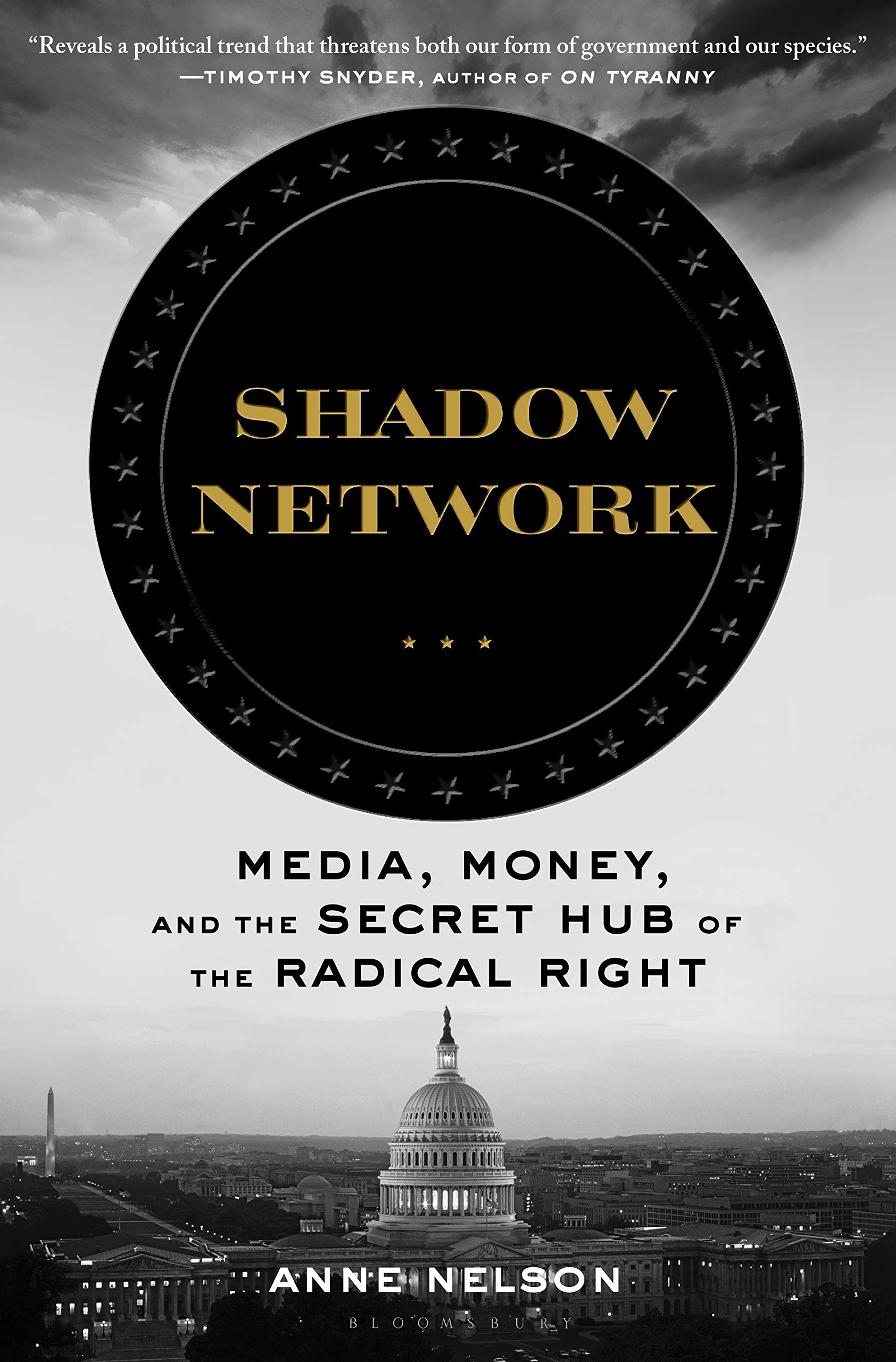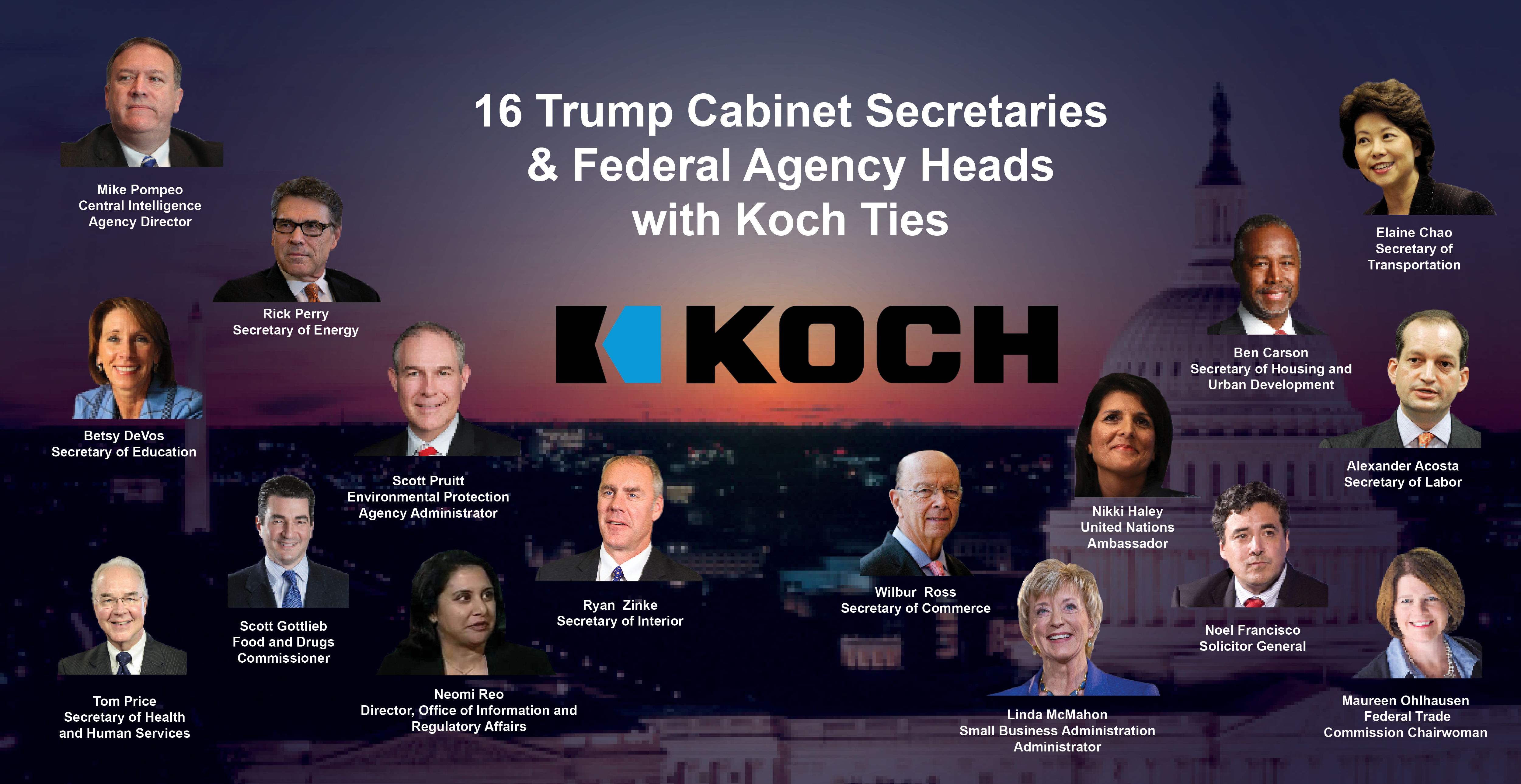tijd
in
puppet_djt
Раскулачивание

Монументальная книга "Капитал и идеология" (Capital et Idéologie) французского экономиста Тома Пикетти переворачивает Маркса с головы на ноги, доказывая, что идеология играет роль не просто "надстройки над базисом", а ключевого фактора в распределении капитала и формировании классовых отношений в обществе.
The book is both a history of the world and a theory of history. Every society is unequal, and therefore constitutes an “inequality regime” maintained not solely by force but also by ideology: “Each inequality regime is associated with a corresponding theory of justice. Inequalities need to be justified; they must rest on a plausible, coherent vision of an ideal social and political organization.” Most of the book is a history of how those ideologies have helped bolster social structures characterized by extreme inequality, from feudal and slave societies through colonial regimes to the hypercapitalist world of today.
Where Marx consigned ideology to the “superstructure” of a system driven by economic class conflict, Piketty claims for it a central role. At key points in history when one regime breaks down, he argues, what comes next depends on the ability of different political actors to formulate a new vision of how society should be organized.
https://www.washingtonpost.com/outlook/the-american-ideology-on-the-left-and-the-right-that-props-up-inequality/2020/05/22/3825b72e-987e-11ea-89fd-28fb313d1886_story.html
Предыдущий монументальный труд Пикетти "Капитал в 21ом веке" (Le Capital au XXIe siècle) стал международным бестселлером и привлек внимание широкой публике к проблеме имущественного неравенства. Поскольку рост экономики в развитых странах (около 1%) не успевает за ростом вложений капитала (около 5%), богатые продолжают богатеть в отрыве от бедных, по формуле Пикетти r > g.
Рецепт решения проблемы известен и опробован - прогрессивное налогооблажение и государственное инвестирование в расширение возможностей для образования и занятости тех, кому не повезло с богатыми родителями. Подобные идеи, однако, не находят поддержки среди традиционных левых партий и их избирателей - о чем свидетельствует провал Корбина в Великобритании и Сандерса в США. Поклонникам Пикетти остается надеяться на то, что пролетариат наконец протрезвеет и поймет, что нападки на иммигрантов, которыми его старательно кормит ультраправая пропаганда, никоим образом не приводят к его собственному благополучию.
Марксистское объединение "пролетариев всех стран" остается актуальным. Успешное налогооблажение требует не только реформ в отдельно взятых странах, но и международного сотрудничества - иначе в глобальном мире корпорациям и их владельцам слишком легко уклоняться от налогов и прятать концы в офшорах. Раздуваемые ветры националистической лихорадки дополнительно мешают подобному сотрудничеству.
В Америке между тем сильны позиция управляемого движение, которое направлено в противоположную сторону - к снижению налогов и урезанию социальных программ ради не ослабления, а усиления неравенства. В этом есть не только наследие Рейгана с его успешным политическим проектом республиканской коалиции и не только коммерческие интересы отдельных личностей, но и цельная идеология.
Без наследия расизма не обошлось. Южная сегрегация поддерживала представление о расовом превосходстве путем урезания расовым меньшинствам возможностей для образования и социальных лифтов. Преодоление сегрегации федеральными законами и решениями верховного суда стало тревожным звонком для тех, кого такое разрушение традиционной иерархии не устраивало.

Книжка "Democracy in chains" (2017) рассказывает об одном из таких людей - экономисте Джеймсе Бьюкененe, лауреате Нобелевской премии 1986, и о том, как его идеи вдохновили Чарльза Коха.
Автор, историк Нэнси Маклин, случайно набрела на архив Бьюкенена и обнаружила там не только его работу по приватизации школ в Виргинии в ответ на десегрегацию, но и его переписку с Кохом, который стал его главным спонсором. Дополнительно идеи Бьюкенена были опробованы Пиночетом в Чили.
In the United States, promising and then delivering services and protections for the majority of voters provides a path for politicians to be popularly elected. Buchanan was concerned that this would lead to overinvestment in public services, as the majority would be all too willing to tax the wealthy minority to support these programs. So Buchanan came to a radical conclusion: Majority rule was an economic problem. “Despotism,” he declared in his 1975 book “The Limits of Liberty,” “may be the only organizational alternative to the political structure that we observe.”
Buchanan therefore argued for “curbing the appetites of majority coalitions” by establishing ironclad rules that would curb their power. As he was known for saying, “the problems of our times require attention to the rules rather than the rulers.” In 1986, he was awarded the Nobel Memorial Prize in Economic Science for “his development of the contractual and constitutional bases for the theory of economic and political decision making.”
Buchanan, however, also had what MacLean calls a “stealth” agenda. He knew that the majority would never agree to being constrained. He therefore helped lead a push to undermine their trust in public institutions. The idea was to get voters to direct their ire at these institutions and divert their attention away from increasing income and wealth inequality.
This is the sordid tale that MacLean lays out in “Democracy in Chains.” She starts with Buchanan’s early engagement in policy work in the late 1950s, when he offered to help the state of Virginia respond to the federal mandate to desegregate public schools. After the Supreme Court ruled in Brown v. Board of Education that public school segregation was unconstitutional, Buchanan and a fellow economist called for the state to issue tax-subsidized vouchers to any parents who wanted to send their children to private schools. What these economists were calling for was essentially the privatization of public education.
But even in 1950s Virginia, public schools were popular with many white parents, and “a fire sale of tax-funded public schools to private school operators would be political suicide,” MacLean writes. Buchanan’s plan failed, and he learned a tough lesson from this foray into policy making: If the majority demands services such as free public schools, politicians will acquiesce.
Buchanan decided he needed to influence policy at a deeper level. In the ensuing years, he sought to lead an economic and political movement in which he stressed that “conspiratorial secrecy is at all times essential” to mask efforts to protect the wealthy elite from the will of the majority. In September 1973, Buchanan held the inaugural meeting of the International Atlantic Economic Society, arguing for the need to “create, support and activate an effective counterintelligentsia” to reshape the way people thought about government. He believed the center-left controlled academia and “effectively indoctrinated political actors in both parties,” MacLean writes. To fight back, conservatives needed to develop new surrogates who could be “indoctrinated” in turn with right-wing ideas, and then “mobilized, organized and directed” to disseminate them.
We know all of this because MacLean found documentation of Buchanan’s plans - including correspondence, meeting minutes and personal papers - in his previously unexplored archives. She came upon her biographical subject “by sheer serendipity,” she writes, while researching how the state of Virginia responded to the Brown v. Board of Education decision. Seeing the name of an unfamiliar economist eventually led her to rooms full of documents that made clear how “operatives” had been trained “to staff the far-flung and purportedly separate, yet intricately connected, institutions funded by the Koch brothers and their now large network of fellow wealthy donors.” Buchanan’s papers revealed how, from a series of faculty perches at several universities, he spent his life laying out a game plan for a right-wing social movement.
https://www.nytimes.com/2017/08/15/books/review/democracy-in-chains-nancy-maclean.html

Buchanan’s view of human nature was distinctly dismal. Adam Smith saw human beings as self-interested and hungry for personal power and material comfort, but he also acknowledged social instincts like compassion and fairness. Buchanan, in contrast, insisted that people were primarily driven by venal self-interest. Crediting people with altruism or a desire to serve others was “romantic” fantasy: politicians and government workers were out for themselves, and so, for that matter, were teachers, doctors, and civil rights activists. They wanted to control others and wrest away their resources: “Each person seeks mastery over a world of slaves,” he wrote in his 1975 book, The Limits of Liberty.
Does that sound like your kindergarten teacher? It did to Buchanan.
The people who needed protection were property owners, and their rights could only be secured though constitutional limits to prevent the majority of voters from encroaching on them, an idea Buchanan lays out in works like Property as a Guarantor of Liberty (1993). MacLean observes that Buchanan saw society as a cutthroat realm of makers (entrepreneurs) constantly under siege by takers (everybody else) His own language was often more stark, warning the alleged “prey” of “parasites” and “predators” out to fleece them.
In 1965 the economist launched a center dedicated to his theories at the University of Virginia, which later relocated to George Mason University. MacLean describes how he trained thinkers to push back against the Brown v. Board of Education decision to desegregate America’s public schools and to challenge the constitutional perspectives and federal policy that enabled it. She notes that he took care to use economic and political precepts, rather than overtly racial arguments, to make his case, which nonetheless gave cover to racists who knew that spelling out their prejudices would alienate the country. <...>
MacLean describes how the economist developed a grand project to train operatives to staff institutions funded by like-minded tycoons, most significantly Charles Koch, who became interested in his work in the ‘70s and sought the economist’s input in promoting “Austrian economics” in the U.S. and in advising the Cato Institute, a libertarian think tank.
Koch, whose mission was to save capitalists like himself from democracy, found the ultimate theoretical tool in the work of the southern economist. The historian writes that Koch preferred Buchanan to Milton Friedman and his “Chicago boys” because, she says, quoting a libertarian insider, they wanted “to make government work more efficiently when the true libertarian should be tearing it out at the root.”
With Koch’s money and enthusiasm, Buchanan’s academic school evolved into something much bigger. By the 1990s, Koch realized that Buchanan’s ideas - transmitted through stealth and deliberate deception, as MacLean amply documents - could help take government down through incremental assaults that the media would hardly notice. The tycoon knew that the project was extremely radical, even a “revolution” in governance, but he talked like a conservative to make his plans sound more palatable.
https://evonomics.com/how-to-disguise-racism-and-oligarchy-use-the-language-of-economics/

Если избегать методов Пиночета, то навязывание воли олигархического меньшинства недостойному большинству в либеральной демократии может осуществляться поэтапно. Если пропихивать своих людей в правительство и разваливать работу правительства изнутри, можно одновременно внушать гражданам недоверие к правительству и понижать явку на выборы, одновременно мобилизуя явку своих сторонников.
Искусство микротаргетинга таким образом становится центральным, и братья Кохи не пожалели денег на создание соответствующей машины в виде компании i360. В последние годы технология заточена на максимальное использование возможностей искусственного интеллекта (AI).
New documents uncovered by the Center for Media and Democracy show that the billionaire Koch brothers have developed detailed personality profiles on 89 percent of the U.S. population; and are using those profiles to launch an unprecedented private propaganda offensive to advance Republican candidates in the 2018 midterms.
The documents also show that the Kochs have developed persuasion models - like their "Heroin Model" and "Heroin Treatment Model" - that target voters with tailored messaging on select issues, and partner with cable and satellite TV providers to play those tailored messages during “regular” television broadcasts.
Over the last decade, big data and microtargeting have revolutionized political communications. And the Kochs, who are collectively worth $120 billion, now stand at the forefront of that revolution - investing billions in data aggregation, machine learning, software engineering and Artificial Intelligence optimization.
In modern elections, incorporating AI into voter file maintenance has become a prerequisite to producing reliable data. The Kochs’ political data firm, i360 states that it has “been practicing AI for years. Our team of data scientists uses components of Machine learning, Deep Learning and Predictive Analytics, every day as they build and refine our predictive models.”
Thanks to that investment (and the Supreme Court’s campaign finance rulings that opened the floodgates for super PACs), the Koch network is better positioned than either the Democratic Party or the GOP to reach voters with their individually tailored communications.
https://www.salon.com/2018/11/05/koch-brothers-are-watching-you-and-new-documents-expose-how-much-they-know/

В рамках здоровой рыночной конкуренции есть и параллельные проекты - вроде компании WPAi, которую Тед Круз использовал для победы на выборах в Техасе в 2018. По сравнению с выборами 2014, явка демократов, вдохновленных кандидатурой Бето О'Рурка, выросла в два с половиной раза. Но явка республиканцев не осталась не месте и выросла в полтора раза, обеспечив Крузу надежную победу. WPAi работала также на выборах Брайана Кемпа, губернатора Джорджии, и ныне рекламирует свои услуги по всей стране.
"Using machine learning algorithms, we can now accurately predict voter behaviors and optimize campaign operations to ensure we convey the right message to the voters we need to win a given election. <...> Using a machine learning algorithm, WPAi’s data science team accurately modeled and predicted turnout in a high-profile Congressional election."
https://wpaintel.com/wp-content/uploads/2019/02/WPAi_CPAC-Presentation_vCSW_novideo_190228.pdf

Книжка "Shadow Network", посвященная группе заговорщиков Council for National Policy (CNP), рассказывает о координации между i360, WPAi и множеством других организаций на выборах 2018.
The September 2018 Values Voter Summit was focused on the midterm elections. Tony Perkins convened the meeting at its usual venue, Washington’s venerable Omni Shoreham Hotel, a massive brown brick structure that has hosted inaugural balls for every president since FDR, including Bill Clinton’s celebrated saxophone performance.
The summit brought together some 2,000 supporters and 40 networked organizations, ranging from the NRA to the American Society for Tradition, Family and Property of Hanover, Pennsylvania. The event had been heavily advertised on fundamentalist radio networks across the country, offering listeners a chance to hear the rock stars of their movement and to tour an exhibition hall for stickers, leaflets, and swag. Freckled young scouts from Trail Life USA, the fundamentalist alternative to the Boy Scouts, guided participants through the maze of hallways to the meeting rooms. They came from all over the country: burly men in leisure suits and polo shirts, contrasting with the crisply tailored suits of their Washington chiefs; midwestern dowagers in pastels and pearls; stylish young interns in sheaths and spike heels; and a scattering of tagalong teens.
The movement’s clout was demonstrated by the number of the nation’s leaders who took a break from running the country to appear. The crowd warmly welcomed secretary of housing and urban development Ben Carson, who strode the stage with far more confidence and mastery than he’d shown during the primaries. The new secretary of state, Mike Pompeo, gave an address, and so did Senate majority leader Mitch McConnell. Vice President Mike Pence engaged in cheerful banter, pointing an imaginary trigger finger at people who spoke up from the audience. Donald Trump had spoken at the summit the previous year (the first time a sitting president had done so), but this time he sent his regrets.
The plenary sessions were billed as the main events, but the smaller workshops positioned the attendees for the midterms ahead. The name of the Council for National Policy wasn’t used, but its leadership was much in evidence. Tony Perkins was master of ceremonies; other participating members included Gary Bauer, Ralph Reed, Tim Wildmon, and Richard Bott. Oliver North, the new president of the NRA, responded to recent school shootings with the news that the NRA was ready to send teams to do school “recons” to arm them against future assaults. <...>
An investigation by Mother Jones revealed that the NRA appeared “to have illegally coordinated its political advertising with Republican candidates in at least three recent high-profile US Senate races,” in “apparent violation of laws designed to prevent independent groups from synchronizing their efforts with political campaigns.” In Claire McCaskill’s Missouri Senate race, for example, the NRA “flooded local TV stations with ads supportive of Hawley in the month before the election.”
But synchronization was the name of the game, and i360 was the key. Its Federal Election Commission filing listed 884 clients from 2017 to 2018, including the NRA, the Susan B. Anthony List PAC, and Americans for Prosperity, as well as the Republican Parties of Wisconsin and Virginia, the National Republican Senatorial Committee, and myriad Republican candidates at every level. Its capacity for data collection was extraordinary. Besides the usual voter files, i360 tracked voters’ marital status, interest in diet and weight loss and cholesterol levels, preference for internet ads or outdoor ads, hearing difficulty, home equity, and household monthly expendable income, in addition to a category labeled “Bible.” When the various canvassers bearing their smartphones and iPads knocked on the door, their devices gave them an excellent idea of who would answer, and offered a tailored script. <...>
In Texas, Beto O’Rourke’s campaign was trying a new app called Polis. But it was competing with Ted Cruz’s mature digital and field operations, run by Chris Wilson and WPAi in coordination with uCampaign and Cambridge Analytica.
The fundamentalists rallied their own grassroots army on multiple media platforms. On Sunday, November 4-two days before the election-Tony Perkins cohosted a preelection television marathon called The Event, carried on cable television and a Facebook feed. The Event was sponsored by the Truth & Liberty Coalition, and included CNP members Tony Perkins, W. Jackson, and Kristan Hawkins among its six featured guests. The program’s website included resources from the Family Resource Council, including the iVoter Guide and materials for church Culture Impact Teams. There were also links to a Whitehouse.gov page titled “Trump’s Accomplishments” and another to a site selling a DVD called Politics: Easy as P.I.E. by CNP executive director Bob McEwen. The cosponsors included an array of CNP partner organizations, among them the Family Research Council, the American Family Association, Alliance Defending Freedom, and Students for Life of America. United in Purpose and My Faith Votes were additional sponsors, as were various Baptist and other churches.
At the Values Voter Summit, the experts had warned their listeners that the Democrats would need to win twenty-three seats to flip the House. They won forty.
I streamed The Event from my perch for the midterm elections in Dallas. A few days earlier I had attended a Cruz rally in Fort Worth, standing next to supporters who called Democrats “demons” and described O’Rourke as “the son of Satan.”
https://lithub.com/inside-the-republican-partys-last-ditch-scramble-to-save-their-house-majority/
Новая конференция Values Voter Summit планируется на сентябрь 2020. Программа пока не объявлена, но кое-какие темы уже обозначены.
Дэвид Бартон: "America has been rocked this year by violent protests sponsored by Black Lives Matter and propelled by Antifa. Much of the media has painted the protests as spontaneous demonstrations arising from the killing of George Floyd. But many signs point to a deeper, more sinister agenda behind these organizations." https://www.valuesvotersummit.org/schedule
Current view inside of @realDonaldTrump remarks at the 2020 Council for National Policy Meeting.
Roughly 250 attendees, mostly maskless with little to no social distancing. pic.twitter.com/IjEWOktYIV
- Elizabeth Thomas (@lizzkatherine_) August 21, 2020
I do believe our white-haired grande dame waiting for Trump to speak at #CNP today is Elsa Zwiep Prince Broekhuizen, mother to Betsy DeVos & busy busy Erik Prince. #ShadowNetwork https://t.co/mtofaUEl46
- Anne Nelson (@anelsona) August 22, 2020
Появление Трампа с отчетом CNP в последний день демократического съезда стал важным сигналом о том, что он находится на их стороне и во всем выполняет их пожелания.
"And they never moved the embassy to Jerusalem, thereby making Jerusalem the capital of Israel, which I did, and neither did any other president, and I understand why. They campaign on it, campaign. Every President said they were going to do; no President did it until I came along. (Applause.) <...>
And you know who appreciates it the most are the evangelical Christians. They appreciate it the most. (Applause.)"
https://www.whitehouse.gov/briefings-statements/remarks-president-trump-2020-council-national-policy-meeting/

Победа Трампа и трампизма не планировались Кохами, а стали побочным эффектом. Если подрывать веру в правительство ради подавления явки на выборах, это открывает простор для популизма.
Но культ Трампа и его шумная некомпетентность превратились в прекрасную ширму для осуществления проекта развала правительства ради приближения олигархии и доминионизма. Майк Помпео, который ныне делает особенно крупные шаги в этом направлении, был в свое время главным представителем Кохов в Конгрессе.
When he ran, Pompeo earned the nickname the “Congressman from Koch” because of the outsized donations made to his 2010 campaign by the industrialist Koch brothers, whose energy conglomerate is headquartered in Pompeo’s Wichita, Kansas district. Koch Industries donated just $80,000 directly to Pompeo-but that made them the largest contributor to his campaign in 2010. It also helped him out-raise his Democratic challenger by almost 20%. Pompeo won the race with 58% of the vote.
That was also the year the Supreme Court’s Citizens United decision opened the floodgates to a rush of “dark money” in politics. The Koch brothers support for Pompeo became a blueprint for how they’d go on to influence Congressional races across the country in years to come, while forming a massive fund-raising empire that’s now one of the most influential powers in US elections.
Overall, Koch Industries contributed $375,500 to Pompeo through his six-year congressional career, while the oil and gas industries total spent $1.1 million.
More important than the dollar figures is the precedent set by the Koch-Pompeo relationship, campaign finance experts say. He represented a “starting point for the Koch brothers to jump in on all political spending,” Aaron Scherb, the director of legislative affairs for Common Cause, a Washington, DC watchdog group that analyzes money in politics.
In Congress, Pompeo pushed Koch Industries-friendly legislation to curb regulations on oil and gas companies, and end tax breaks for renewable energy. He also hired Koch Industries lawyer Mark Chenoweth as his chief of staff. In a 2012 op-ed he wrote for Politico, Stop Harassing the Koch Brothers, Pompeo wrote, “The Democrats’ obsession with the Kochs as a political target is, indeed, additional evidence of a truly Nixonian approach to politics.”
https://qz.com/1227882/secretary-of-state-nominee-mike-pompeo-owes-his-political-career-to-the-koch-brothers/
На этой неделе он будет вещать из Иерусалима, предвещая евангелистам заветный Армагеддон.
Trump's SECRETARY OF STATE, America's chief diplomat, said "We will continue to fight these battles, it is a never ending struggle... until the Rapture." Holy shit. pic.twitter.com/M727uMoq4w
- Tommy X-TrumpIsARacist-opher (@tommyxtopher) December 27, 2018